Best movies like Citizen Langlois
A unique, carefully handpicked, selection of the best movies like Citizen Langlois . If you liked Citizen Langlois then you may also like: Visions of Light, Jean-Michel Basquiat: The Radiant Child, Jutra, Altman, The Battle Over Citizen Kane and many more popular movies featured on this list. You can further filter the list even more or get a random selection from the list of similar movies, to make your selection even easier.
This French documentary pays homage to a young man whose passion left a rich and valuable legacy to the world of cinema. Henri Langlois was one of the co-founders of the Cinematheque Francaise, a museum which contains many rare artifacts from early cinema as well as one of the most extensive film archives in the world. This documentary will be most meaningful for those already familiar with Langlois' story. Through old film clips and interviews, Langlois is seen as an eccentric but charismatic young visionary obsessed with preserving and locating old films. Filmmaker Edgardo Cozarinsky uses scenes from Citizen Kane to compare the portly iconoclast to Charles Foster Kane, in that both Langlois and Welle's fictional newspaper magnate where avid collectors, and both were men of mystery.
You may filter the list of movies on this page for a more refined, personalized selection of movies.
Still not sure what to watch click the recommend buttun below to get a movie recommendation selected from all the movies on this list
Jean-Michel Basquiat: The Radiant Child
A thoughtful portrait of a renowned artist, this documentary shines the spotlight on New York City painter Jean-Michel Basquiat. Featuring extensive interviews conducted by Basquiat's friend, filmmaker Tamra Davis, the production reveals how he dealt with being a black artist in a predominantly white field. The film also explores Basquiat's rise in the art world, which led to a close relationship with Andy Warhol, and looks at how the young painter coped with acclaim, scrutiny and fame.
Jutra
Through the magic of editing and animation, Claude Jutra is seen in dialogue with himself at various stages of his life – becoming the spirited narrator of his own biography. Excerpts from family films, interviews, and clips from some of Jutra's well-known works are seamlessly intertwined with these sequences, forming a portrait of a man whose life was devoted to creativity. Jutra is simultaneously a homage, a love letter to cinema, and the dramatic story of a brilliant artist whose life was all-too-short.
Altman
Robert Altman's life and career contained multitudes. This father of American independent cinema left an indelible mark, not merely on the evolution of his art form, but also on the western zeitgeist. With its use of rare interviews, representative film clips, archival images, and musings from his family and most recognizable collaborators, Altman is a dynamic and heartfelt mediation on an artist whose expression, passion and appetite knew few bounds.
The Battle Over Citizen Kane
Documentary about the battle between Orson Welles and William Randolph Hearst over Welles' Citizen Kane (1941). Features interviews with Welles' and Hearst's co-workers also acts as a relatively complete biograph of Hearst's career.
A Constant Forge
One of the great mavericks of cinema, John Cassavetes has earned a reputation as the godfather of American independent movies. The actor-turned-filmmaker invented a realist style of unadorned narrative films heavily influenced by documentaries. This in-depth analysis of Cassavetes' life and work features interviews with key collaborators and ensemble regulars, and explores the making of classics like "The Killing of a Chinese Bookie," "Opening Night" and "A Woman Under the Influence."
A Glitch in the Matrix
Are we in fact living in a simulation? This is the question postulated, wrestled with, and ultimately argued for through archival footage, compelling interviews with real people shrouded in digital avatars, and a collection of cases from some of our most iconoclastic figures in contemporary culture.
A Decade Under the Influence
A documentary examining the decade of the 1970s as a turning point in American cinema. Some of today's best filmmakers interview the influential directors of that time.
Hell's Highway: The True Story of Highway Safety Films
This film covers the early history of post World War II educational films, especially those involving traffic safety by the Highway Safety Foundation under direction of Richard Wayman. In the name of promoting safe driving in teenagers, these films became notorious for their gory depiction of accidents to shock their audiences to make their point. The film also covers the role of safety films of this era, their effect on North American teenage culture, the struggle between idealism and lurid exploitation and how they reflected the larger society concerns of the time that adults projected onto their youth.
Room Full of Spoons
Room Full of Spoons is an in depth documentary about the cult film that is widely accepted as the worst film ever made: The Room, and it’s eccentric creator Tommy Wiseau. Referred to as “The Citizen Kane of bad movies” by Entertainment Weekly, The Room grossed only $1800 during it’s initial box office run. Against all odds, Mr. Wiseau’s disastrous film found a new life on the midnight movie circuit and now plays to audiences around the world making it one of the most adored and important films in popular culture. Follow Rick Harper and his team on their journey across the Globe as they experience this midnight movie phenomenon, meet with the entire cast and crew of the The Room and piece together the story behind the mysterious Tommy Wiseau. The film has not yet received a full release due to legal action taken by Wiseau against the filmmakers.
Fellini: I'm a Born Liar
A look at Fellini's creative process. In extensive interviews, Fellini talks a bit about his background and then discusses how he works and how he creates. Several actors, a producer, a writer, and a production manager talk about working with Fellini. Archive footage of Fellini and others on the set plus clips from his films provide commentary and illustration for the points interviewees make. Fellini is fully in charge; actors call themselves puppets. He dismisses improvisation and calls for "availability." His sets and his films create images that look like reality but are not; we see the differences and the results.
I Am Steve McQueen
"I Am Steve McQueen" tells the incredible life story of this legendary actor, racer, and cultural icon. Extensive interviews, movie clips, archival footage and sound bites chronicle his extraordinary career while focusing on the correlation between his on-screen and off-screen experiences. Narrated by Robert Downey Jr.
Red Sunset
Michel, was born in Latin America, "on the other side of the world", as the script emphasizes, of a French father he hardly knew at all. He goes to Paris to start a new life. His only possession is a painting which his father left him, along with the advice: "If you ever need to sell the painting, do so in France, where it's worth a fortune." But Michel discovers that his father's tumultuous and secret past comes along with the valuable painting. Meanwhile, Clara, a middle age Spanish-Argentine mother gets a strange present from a now dying childhood friend in Buenos Aires. It's a roll of Super 8 film which brings back very strong, and emotionally charged memories from the 1970s and before.
Black White + Gray: A Portrait of Sam Wagstaff and Robert Mapplethorpe
Crump directed the feature-length documentary film Black White + Gray: A Portrait of Sam Wagstaff + Robert Mapplethorpe, which premiered in North America at the 2007 Tribeca Film Festival and in Europe at Art Basel. It explores the influence curator Sam Wagstaff, photographer Robert Mapplethorpe and musician/poet Patti Smith had on the 1970s art scene in New York City.
The American West of John Ford
A documentary encapsulating the career and Western films of director 'John Ford' , including clips from his work and interviews with his colleagues.
The Méliès Mystery
A documentary that details the process of restoring 270 of the 520 lost films of pioneering director Georges Méliès, all orchestrated by a Franco-American collaboration between Lobster Films, the National Film Center, and the Library of Congress.
The Clouzot Scandal
Great filmmakers claim the artistic influence of French director Henri-Georges Clouzot (1907-1977), a master of suspense, with a unique vision of the world, who knew how to offer both great shows and subtle studies of characters. Beyond the myth of the tyrannical director, a contrasting portrait of a visionary, an agitator, an artist against the system.
Steve Jobs: Visionary Genius
Everyone knows his name but what is the true story behind the man? Inventor, innovator, iconoclast; Steve Jobs was all of these and more. Now find out the gripping truth behind this 21st Century icon as celebrities and leaders in the world of business talk candidly about the seismic impact that he has had on our entire way of life. Discover what drove the man both personally and professionally, the obstacles he had to overcome and the story behind his final battle that would leave the world bereft of a very modern genius. His vision was singular, his focus unshakeable, and in this unmissable film we see how one man would change the way we all communicate… forever. This is Steve Jobs, a visionary genius.
Ali G Before He Was Massiv
Documentary exploring comedian Sacha Baron Cohen's rise to fame through rare archive video of his early television appearances and interviews with former associates.
All About Desire: The Passionate Cinema of Pedro Almodovar
A rare look at the the career of film director Pedro Almodóvar, especially his early works, with interviews with the director himself and his stars and admirers.
Louis Lumière
Eric Rohmer leads a conversation with Jean Renoir and Henri Langlois on the art of filmmaker Louis Lumière.
Beyond Citizen Kane
Beyond Citizen Kane (1993) is a British documentary film directed by Simon Hartog, produced by John Ellis, and broadcast on Channel 4. It details the dominant position of the Rede Globo media group in the Brazilian society, discussing the group's influence, power, and political connections.[2] Globo's president and founder Roberto Marinho came in for particular criticism, being compared with fictional newspaper tycoon Charles Foster Kane, created by Orson Welles for the 1941 film Citizen Kane. According to the documentary, Marinho's media group engages in the same Kane wholesale manipulation of news to influence the public opinion.
Orson Welles: The Paris Interview
A vintage interview captures the artist reflecting on Citizen Kane and expounding on directing, acting and writing and his desire to bestow a valuable legacy upon his profession. The scene is a hotel room in Paris. The year 1960. The star, Orson Welles. This is a pearl of cinematic memorabilia.
Belmondo l'incorrigible
Charismatic and resourceful, seducer and daredevil, Jean-Paul Belmondo has always played his roles as he lived, at a thousand miles an hour. He had only one passion: to entertain the public with his smile, his naturalness, his energy, his stunts. But contrary to appearances, his destiny was full of pitfalls. This film lifts the veil on a founding childhood that allowed him to overcome many obstacles throughout his life thanks to the tutelary figures of his father and mother. Told from the inside with the help of his autobiography, interviews and unpublished archives, this epic story traces the career of this turbulent young actor who launched the New Wave in Breathless before becoming the popular Bebel, an indestructible and provocative vigilante. From film to film, this documentary paints an intimate portrait of a man who built himself up to reach the top: his triumphs but also his trials, his doubts, his secrets, his angers, his clowning, his disappointments or his personal dramas.
Atomic Ed & the Black Hole
Atomic Ed & the Black Hole tells the story of a scientist-turned-atomic junk collector known as Atomic Ed. More than 30 years ago, Ed quit his job making "better" atomic bombs and he began collecting what he calls "nuclear waste," non-radioactive high-tech discards from the Los Alamos National Laboratory. As the self-appointed curator of an unofficial museum of the nuclear age called "The Black Hole," Atomic Ed reveals and preserves a history of government waste that was literally thrown in a trash heap.
Yesterday's Tomorrows
Showtime's "In the 20th Century" is a millennium-related strand of feature-length documentaries in which famous directors take on major subjects of their choosing. In the third of the six films, "Yesterday's Tomorrows," filmmaker Barry Levinson delves into what we, as Americans, thought the future would be as we traveled through the 20th century. Houses and cars of the future, the promise of technology, and the other hopes and dreams of the early part of the century gave way to the fears and anxieties brought about by the atomic age and the Hollywood disaster films that followed. Soon we wondered if we could control technology, or if it would control us. This film is by turns light-hearted and thoughtful, and rare historical and archival film, produced by government and industry, alternates with on-screen interviews with people as diverse as consumer advocate Ralph Nader, cartoonist Matt Groening, futurist Alvin Toffler, comedienne Phyllis Diller, and actor Martin Mull.
Reagan
Americans know President Ronald Reagan s politics, his policies, and his oratorical prowess. But as we approach what would have been his 100th birthday in February 2011, the totality of the legacy of America s 40th president is still eclipsed by the myth. While some say he s a hero, and others call him an empty suit, one thing is for certain President Ronald Reagan made history. But what made him? Using rare archival footage and personal interviews with those who knew him best, REAGAN goes beyond the myth to reveal the epic story of an unforgettable man who, against all odds, rose to the pinnacle of power. A brand-new HISTORY special that uses rare archival footage and personal interviews to reveal the President Reagan that few of us knew.
Silent Britain
Long treated with indifference by critics and historians, British silent cinema has only recently undergone the reevaluation it has long deserved, revealing it to be far richer than previously acknowledged. This documentary, featuring clips from a remarkable range of films, celebrates the early years of British filmmaking and spans from such pioneers as George Albert Smith and Cecil Hepworth to such later figures as Anthony Asquith, Maurice Elvey and, of course, Alfred Hitchcock.
Celluloid Underground
After the 1979 Islamic revolution in Iran, a boy grew up obsessed with all the movies he couldn't see. He met a mysterious film collector who saved thousands of films from destruction by the new regime. Despite arrest and torture, the collector refused to give up his secret hoard. Together they forged a friendship based on passion for cinema and resistance against tyranny. The boy escaped to exile in London to become a filmmaker, and tells their shared story of obsession and celluloid dreams.
The Extraordinary Voyage
An account of the extraordinary life of film pioneer Georges Méliès (1861-1938) and the amazing story of the copy in color of his masterpiece “A Trip to the Moon” (1902), unexpectedly found in Spain and restored thanks to the heroic efforts of a group of true cinema lovers.
Andrus: The Man, the Mind & the Magic
To some of the greatest performing magicians alive today, Jerry Andrus is the name of a legend. Renowned as one of the best and most influential "close-up magic" performers of our time, Jerry is equally regarded among scientists, educators and skeptics as a visionary, poet, philosopher, inventor and creator of truly astounding optical illusions. Andrus; The Man, the Mind & the Magic is the story of a modern day Da Vinci told by the man himself, along with extensive interviews from some of the notable thinkers, artists and magicians in the world today.
Fuck You All: The Uwe Boll Story
Honing his craft as an indie filmmaker in Germany in the early 90s, Uwe Boll never could have imagined the life that lay before him. From working with Oscar-winning actors and making films with US$60million budgets to having actors publicly disparage him and online petitions demanding he stop making films, Boll continued to work; he has a filmography of 32 features, a career that has led to his new life as a successful high-end restauranteur. Already a cult legend, he will be remembered forever in the film world; for some, as a modern-day Ed Wood, who made films so bad, they're good, while for others, a prolific filmmaker who came from a small town in Germany and never compromised his integrity while forging his own unique Hollywood trajectory.
Fabulous! The Story of Queer Cinema
A chronological look at films by, for, or about gays and lesbians in the United States, from 1947 to 2005, Kenneth Anger's "Fireworks" to "Brokeback Mountain". Talking heads, anchored by critic and scholar B. Ruby Rich, are interspersed with an advancing timeline and with clips from two dozen films. The narrative groups the pictures around various firsts, movements, and triumphs: experimental films, indie films, sex on screen, outlaw culture and bad guys, lesbian lovers, films about AIDS and dying, emergence of romantic comedy, transgender films, films about diversity and various cultures, documentaries and then mainstream Hollywood drama. What might come next?
Film: The Living Record of Our Memory
Why are we still able, today, to view images that were captured over 125 years ago? As we enter the digital age, audiovisual heritage seems to be a sure and obvious fact. However, much of cinema and our filmed history has been lost forever. Archivists, technicians and filmmakers from different parts of the world explain what audiovisual preservation is and why it is necessary. The documentary is a tribute to all these professionals and their important work.



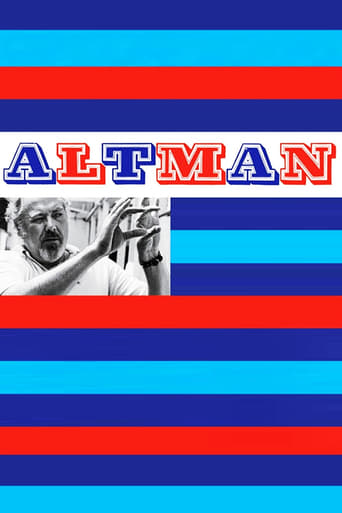

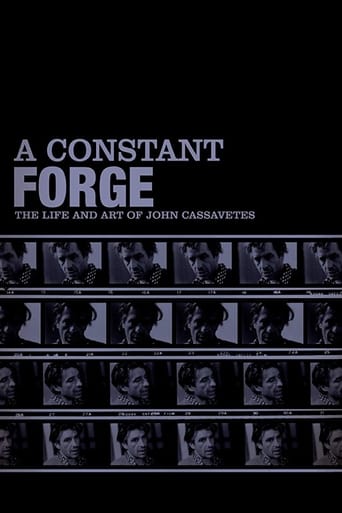


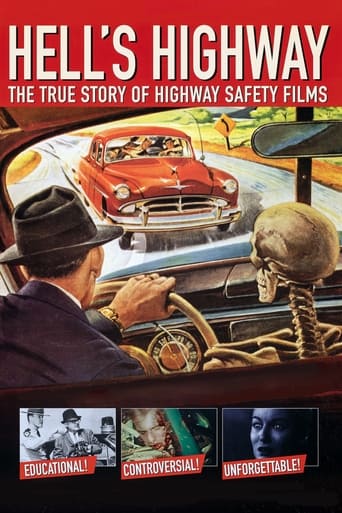


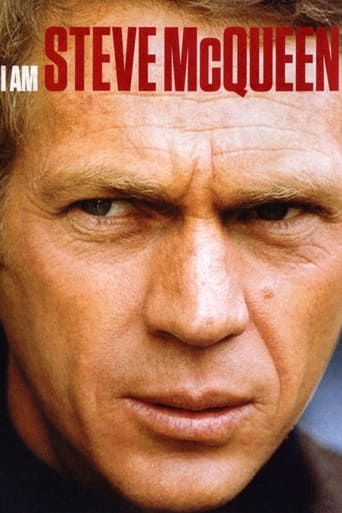

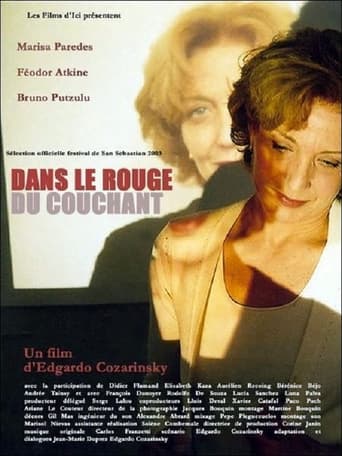
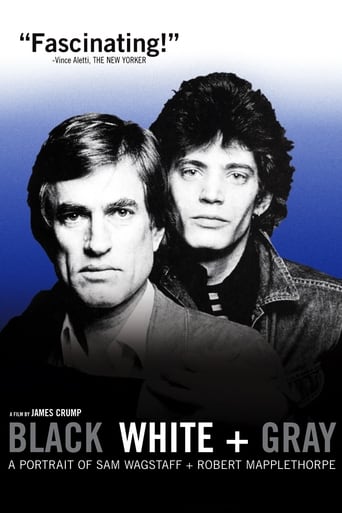
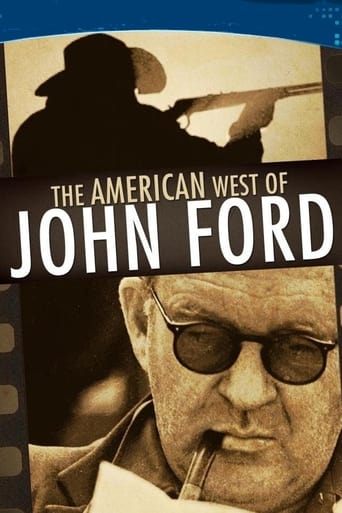










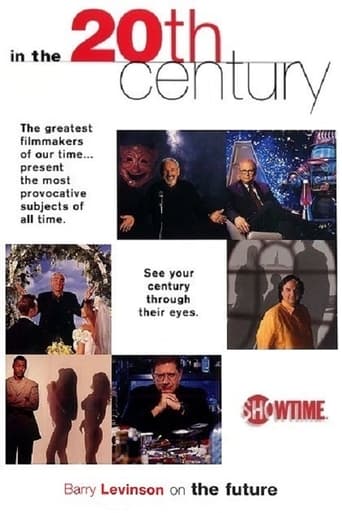

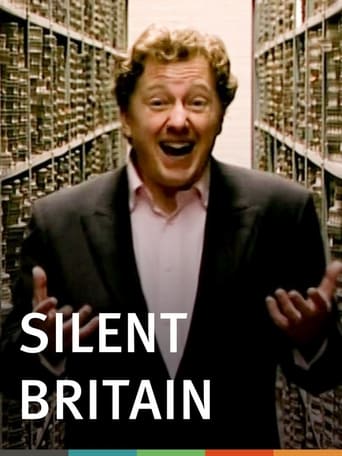



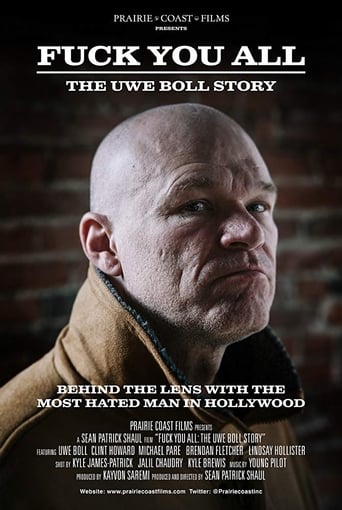
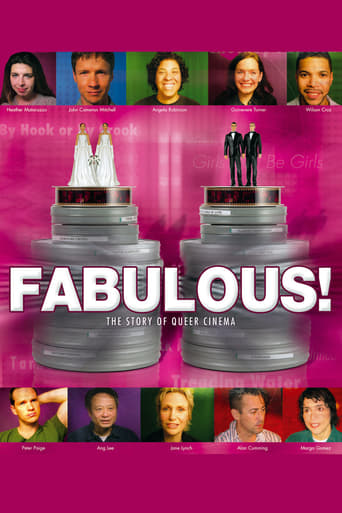
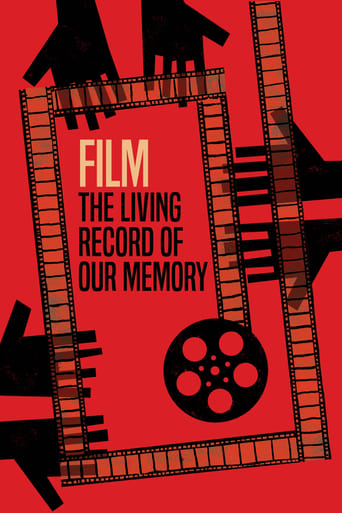

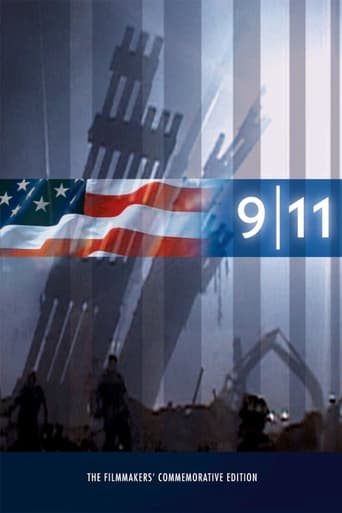

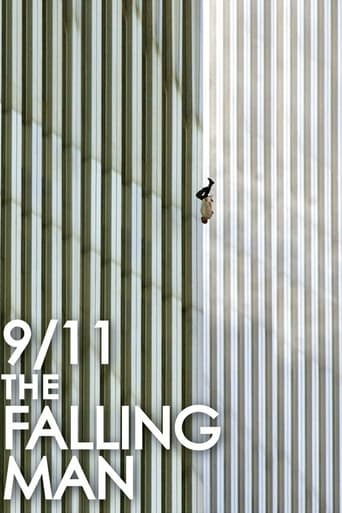
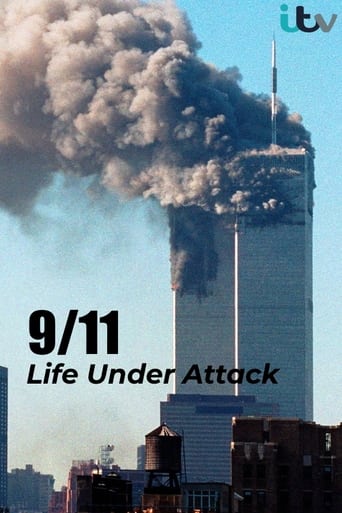

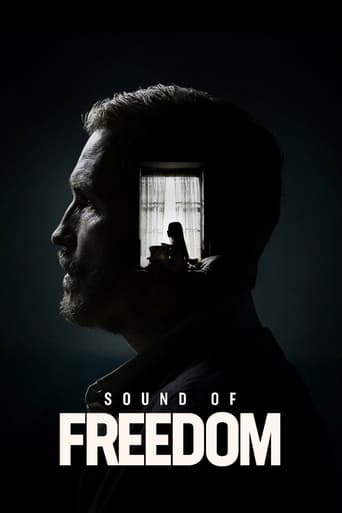


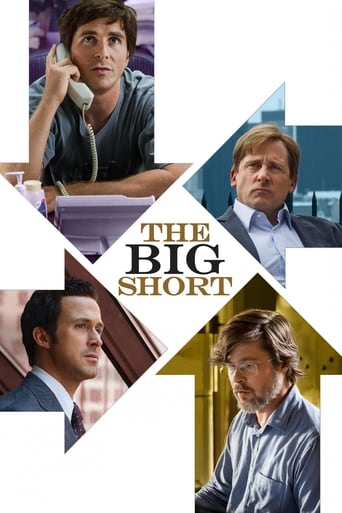
Visions of Light
Cameramen and women discuss the craft and art of cinematography and of the "DP" (the director of photography), illustrating their points with clips from 100 films, from Birth of a Nation to Do the Right Thing. Themes: the DP tells people where to look; changes in movies (the arrival of sound, color, and wide screens) required creative responses from DPs; and, these artisans constantly invent new equipment and try new things, with wonderful results. The narration takes us through the identifiable studio styles of the 30s, the emergence of noir, the New York look, and the impact of Europeans. Citizen Kane, The Conformist, and Gordon Willis get special attention.